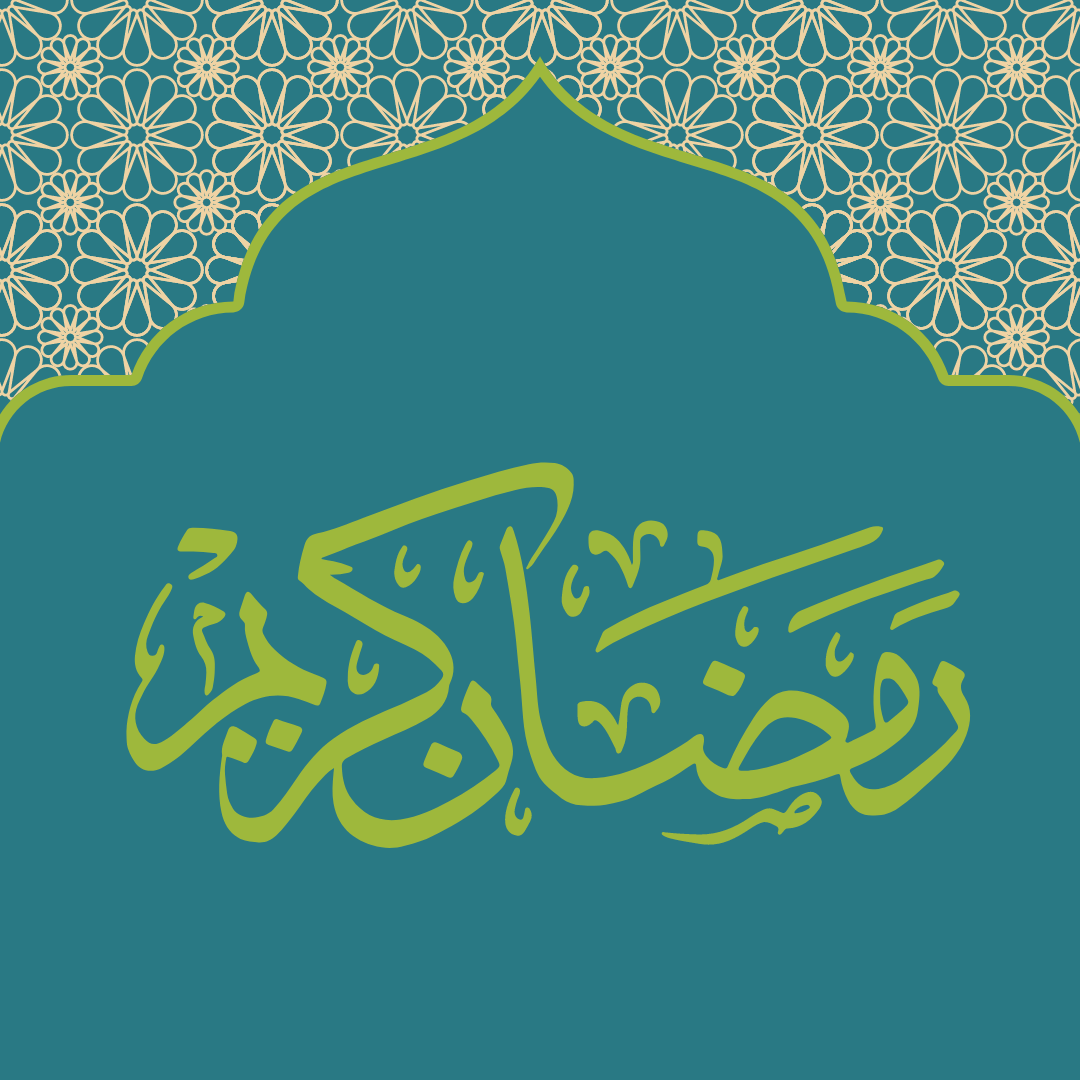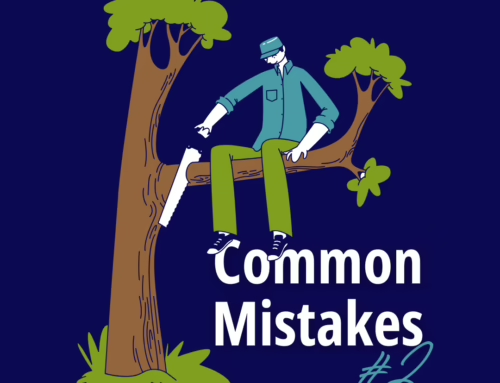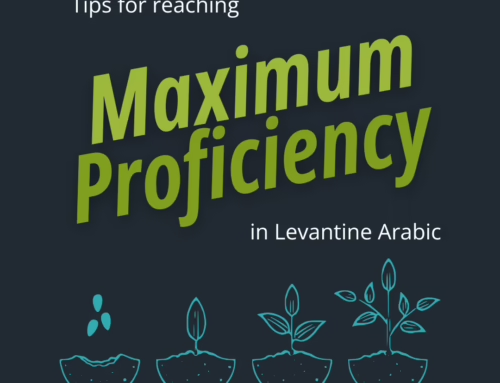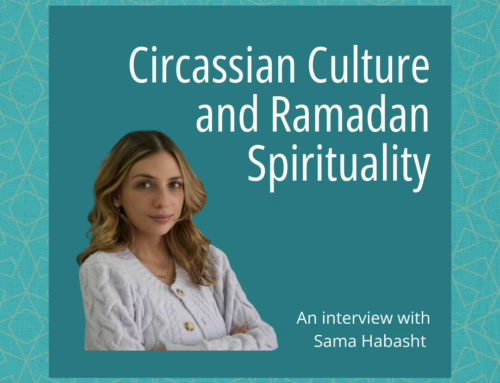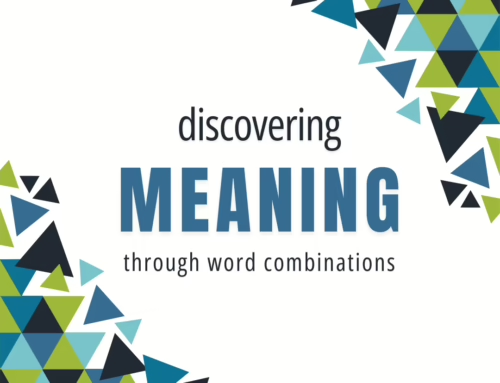Introducing Besan
Jennifer: Hello and greetings from Amman, Jordan. Today we are with Besan. Besan, tell us a little bit about yourself.
Besan: Hello, my name is Besan and you know me, I’m on the customer care team. I’m 26 years old. I’m the only girl in the family. I grew up with three brothers, and I lived most of my life in Saudi Arabia. So today you’ll be hearing some different things, a mixture between the Saudi culture and the Jordanian culture.
Jennifer: Okay. So what are some of those differences right away? Let’s just jump in. How is Ramadan different in Saudi than here in Jordan?
Ramadan in Saudi Arabia
Besan: So the first question I always get is, “What did you have for إفطار?” As a Jordanian, you would expect me to say مقلوبة, منسف, you know, some big meals. In Saudi, we’re very used to eating very small things, just having soup and then a date and water and pastries. Saudis are used to eating the big meal after 12:00 a.m., which is after تراويح, which would be a new word we should say here. It’s a time of prayer we do after عشاء, which is like around 9 p.m. So Saudis have their main meal after that time. We took the first part. We have very small إفطار, very soft and little things, but then cut off the big meal. So in Ramadan, my mom does not cook at all. Just very small things that we eat.
Jennifer: [00:01:27] So at the time that the call to prayer goes off, you guys might have your dates, maybe some soup and then a space of time. And then after prayer [تراويح] is a bigger meal in Saudi?
Besan: In Saudi, yes. In my house, no. We just keep it very simple during Ramadan, light food every day.
Jennifer: What are some of the traditions that are your favorite here in Ramadan?
The spiritual benefits of fasting during Ramadan
Besan: Well, I think generally people would say the spiritual time you get. No matter how many bad things you have done through the years, they don’t have to be that big, just maybe small things. In Ramadan, it’s a new start. And I always say that it comes during a time in the year where you feel like, “Hey, I can start over,” “Hey, I can be a better person.” So it just feels like the people even around you, you know them, they’re not perfect, and we’re all not perfect, but Ramadan always comes during a time where you become a better person. So my favorite part about Ramadan in general is how close you get to God, no matter where you come from or what you have done or anything, you’re just closer to God that time of the year.
Jennifer: So it’s like a time to reset.
Besan: Yes, exactly.
Jennifer: That was one of my questions, actually. What do you see as the benefits from this time spiritually, this time to be fasting, doing prayer and in community? How does that impact you spiritually?
Besan: [00:02:55] So I try my best to use my time wisely in Ramadan. Any other day I’m very consistent with time during work. So after work I’m just trying to be as free and as relaxed as I can. But during Ramadan I try to be as as organized as I can. So I use my time of the day wisely. In our household, we try to give an hour before إفطار for everyone to just drop everything, whatever we’re doing. My mom would be finished with whatever is in the kitchen. My brothers would be back from work. My dad is just, you know, there. We’re try to read Qur’an, do prayers together, remember things that we are thankful for every single day of our lives. And then after إفطار we also have a time where everyone is chill, quiet. We have our coffee. We try to watch a series together that is related to the prophets, for example, or things that bring us closer to God. So I think that time of the year brings us as a family together. That’s one. And of course, closer to God. It just does wonders to the person.
Jennifer: I like that it’s not just about the individual, but you as a family are getting closer to each other and closer in devotion together.
Besan: [00:04:13] And you know how boys are always outside. They are barely with the families, especially when they’re older. My brothers are like that. It’s always me and my mom alone. But then in Ramadan, we’re all gathered because, you know, it’s Ramadan. There’s no way they’ll be out during إفطار, for example.
Jennifer: It’s like an understood obligation for all of the young men to be home.
Besan: Yes, exactly.
Favorite childhood memories of Ramadan
Jennifer: What do you think are some of your favorite memories during Ramadan?
Besan: It differs for me as a kid and now. As a kid, I loved gatherings. I just loved when we’d be invited to my grandmother’s house for إفطار. Everyone’s just so busy doing their own thing. We’re getting everything ready… “Who’s coming up the stairs? Who’s here? We haven’t seen them in a while.” So that was always my favorite part as a child. But then I went to Saudi when I was only in second grade. That was very, very young. And in Saudi we didn’t have family. So my favorite part there would be getting close to people around us, like neighbors, being invited by neighbors, things like that. And of course, we missed that through the almost 18 years that we had been away in Saudi. And now as I have been growing older, I think my favorite part of Ramadan each every single day is having that 1 hour or 2 hour on your own, talking to God. You know, as you grow older, there’s a lot of things on your shoulders that you want to get out. So as you grow older, just the things that you like about that one month changes. For me, now it’s probably the time I get alone just praying and being thankful for everything around me.
Jennifer: [00:05:49] That’s great. Yeah, I’m sure it is different for Muslims all over the world who don’t have their families near them.
Besan: Yes, I think it’s one of the hardest things, especially that one month. I remember as a child I’d always beg my parents to go back, not for the summer, but Ramadan because we’re missing out on all the family gatherings. I remember most of the times we’d Skype them and be there during the gathering. But it was always different for us because we were never really there.
Eid al-Fitr, Eid al-Adha, and the difference between the two
Jennifer: So we’re halfway through Ramadan right now. What will happen after Ramadan? Tell me more about the عيد.
Besan: Yes. So the first day of عيد is the most exciting time because you have not had coffee in the morning for so long. And that first cup of coffee just hits you. We usually have a massive breakfast for the first day of عيد as a family. It’s all kinds of things you have been craving all Ramadan. So usually the first day of عيد, it has to be a family breakfast. Sometimes it’s the small family or sometimes it’s the uncles and aunts. It just depends.
Of course new clothes, that’s سنة in Islam. We need to celebrate by buying a new outfit to celebrate the time. And of course عيدية, you get money from the parents and then if you’re a child you get money from the aunts and uncles. I think in عيد our main point is to make everyone happy around you, especially small children, to make them feel that this is a celebration that you have to remember even as you grow up.
The time after Ramadan, especially this عيد, is always exciting with the food because you have craved so many things throughout the month. عيد is all about food and the moms just go on a strike. They do not cook for all these three days. So it’s sitting outside, you know, different meals, things like that.
Jennifer: So there’s two عيد after Ramadan. Can you tell me how they’re different?
Besan: Yes. So now is عيد الفطر and فطر just comes from the word إفطار, which is breaking your fast. During this عيد, it’s mostly celebrating the time after Ramadan. As for عيد الأضحى, it comes from the word أُضْحِية, which is when you slaughter a sheep and give it to those in need. عيد الأضحى is more based on الحَج, which is one of the things we have in Islam. So the differences are not massive, but maybe the days are different; how many days and what is celebrated that time.
Jennifer: [00:08:24] Okay. And you mentioned الحَج. Can you tell us a little bit about that?
Besan: Yes, I have not been.
Jennifer: Even though you lived in Saudi?
Besan: Yes, I lived in Saudi and I was only an hour away from Mecca. I did a lot of عُمْرَة. The عُمْرَة is different than حَج.
عُمْرَة you could go any time of the year, but حَج is only once a year and it’s a certain time. And حَج is typically, if I’m right, 4 to 6 days and then عُمْرَة is just a 1 hour or 2 hour thing, there are certain things you have to do. I’ve never been on the حَج. For عُمْرَة I have been multiple times. حَج is typically harder than عُمْرَة. The process is harder. Of course, millions and millions of people are gathered there at that same time, same day, same place. So that makes it even harder.
Jennifer: Harder because process of doing it is difficult, or applying?
Besan: The process is longer. Even if you’re in Saudi, of course. In Jordan, I’m not sure if they changed the law, but it was only people who were over sixty years old who could apply for going to حَج. I think it changed, but I’m not sure. In Saudi when I was there, it was easy, but if you go against the law. When you go with the law, it’s very expensive. You need a man with you, one of your مُحَرَّم, which is your brother or your dad.
Jennifer: [00:09:46] Somebody who’s a protector.
Besan: Yeah, exactly.
Jennifer: It’s an aspiration of every Muslim to do the حَج. I think in Jordan you’re even given days from your work to go if you’re able. Why is this such a special thing for people to do?
Besan: [00:10:03] So it’s one of the things that we are… I’m not sure if this is the right word, but it’s required in Islam. It says that if you’re able, you should go. Some people say when you do عُمْرَة, during Ramadan, it counts as having been to حَج, but people have been going back and forth on this. But the حَج time is very different because it is connected to many places with the prophets, with the Qur’an. And just like I said, it’s a kind of a requirement in Islam.
Jennifer: [00:10:37] If you’re able.
Besan: If you’re able to, yes.
Jennifer: [00:10:39] So you’re halfway through. Tell me, how are you feeling? Is it is it hard this year? We’re at a different time of year than usual because it moves up every year. So now it’s cooler. How has that been different?
Besan: [00:10:50] Of course, I’m not thirsty during the day because it’s not very hot. The weather is very beautiful and that helps. I’m not the kind of person that gets really hungry during the day, but of course it affects my work because you need concentration, you need food and sometimes coffee. But it has been, just like I said in the beginning, it comes around during a very like the perfect time of the year where you need to restart, to relax. And some people think, why are you cutting out food and water? You know, what’s the reason? Just doing these two basic things you get to realize how the world is created, how people go through things like that; people have days like that without even fasting. It’s just a day for them. So this makes you think about the world and how small we are as humans, how weak we are and how weak you can get, cutting out food, cutting out water. So it makes you think.
What do you wish foreigners knew about Ramadan?
Jennifer: [00:11:55] So your work is primarily with foreigners. So how do you see them going through this time and what do you wish everybody knew?
Besan: [00:12:06] A first I have to say that I do realize how hard it is to cut out water and food, especially in sessions if you’re not used to it. We all need food to process things. But I just like I said, I would like them to know that this will affect them even if they don’t know it now, if they just try it one day, it will affect them inside and outside. And there is a lot of nutrition advice that says to cut out food and water for a few hours of the day and see how your body will react. You just feel more alive. People would think the opposite, but actually know your body sometimes needs a break from all the things you’re taking and to detox everything in your body. So they always say Ramadan in general or fasting in general has health effects on your body and can actually help your body more than it can harm your body. Because of course, God is not going to ask us to do something to harm ourselves. It’s just does not make sense. And of course, I want all the foreigners to know that as much as this time is special for us, we also want them to feel the vibes. I always tell whoever comes into the office, “Hey, go downtown and see how the vibes are. Try to have إفطار with people around you.” It just feels different when you’re practicing it without noticing it. Try to practice the fasting in general with people around you, it’s going to feel different.
Jennifer: [00:13:37] So it sounds like you’re encouraging people to give it a chance and try to experience it? There’s a lot of benefits.
Besan: [00:13:44] I remember one last thing when we were kids, when we couldn’t like fast the whole day, we would fast half day and we call it صومة العصفورة. Like, “the bird is fasting,” which is like a short day. So I would encourage people to at least try like the first few hours of the day or the last few hours of the day just to see how things are and how the person or your language coach, if you’re close to your language coach, how they feel when they’re fasting, how thirsty they get or how tired they get, or maybe how good it feels to actually cut off something off your day and think about the world around you.
Jennifer: [00:14:19] Thanks so much for being with us. As always, we love the encouragement to become more empathetic. Learning languages is all about becoming a person who is more empathetic and being able to hear people in their first language is always a great way to do that. So if you’re not studying Arabic, we encourage you to start. We’ll put the new words that have come up in this podcast, in the show notes. And thanks again Besan for being with us today.
Besan: [00:14:41] Thank you for having me.
This podcast episode transcript has been edited for grammar and ease of reading.
Arabic terms and phrases heard in this podcast episode
-
منسف
-
مقلوبة
-
تراويح
-
سنة
-
عيد
-
عيدية
-
عيد الفطر
-
عيد الأضحى
-
حَجّ
-
عُمْرَة
-
مُحَرَّم
-
صومة العصفورة

